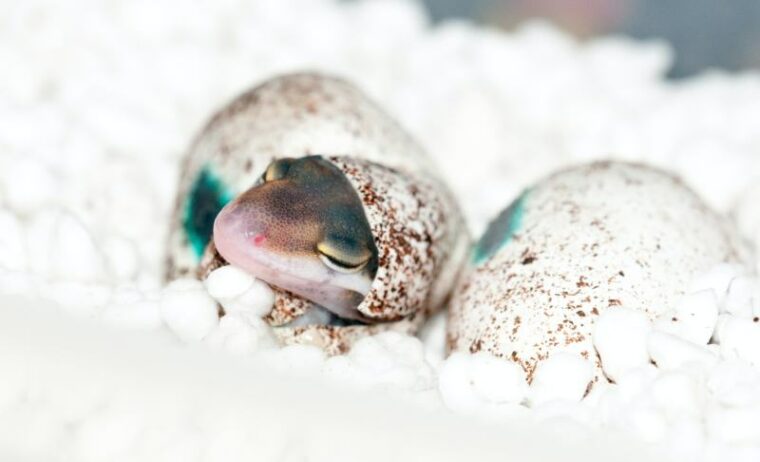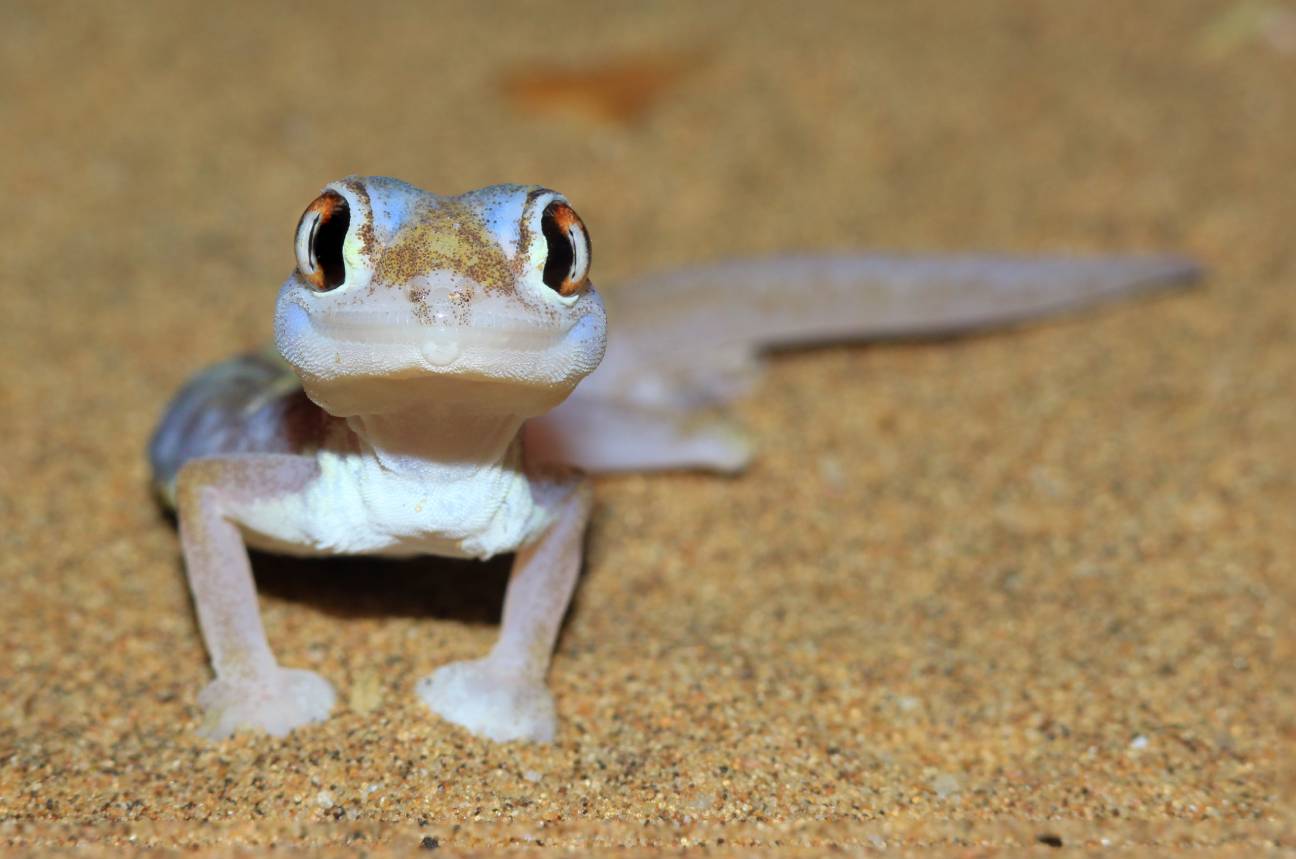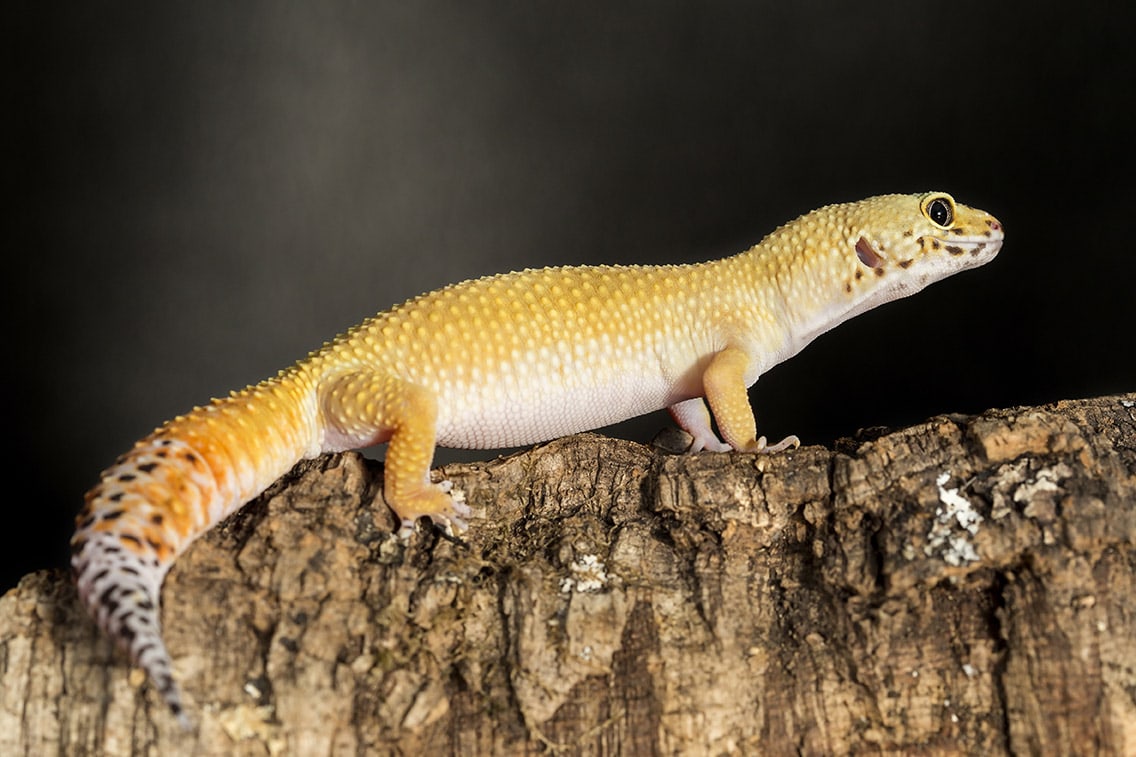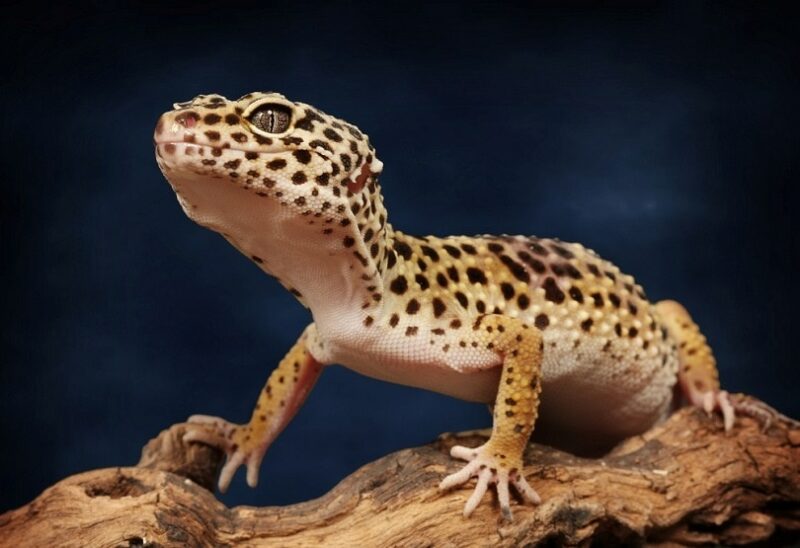
The small gecko is a popular lizard that can be found all over the world and on every continent except Antarctica. One feature that they are known for is dropping their tails when they feel threatened.
But there is something else that makes the gecko stand out: their reproduction. While most Geckos lay eggs, there are a few species that produce live offspring.
Here, we have all kinds of information about gecko reproduction, including courtship rituals and how gecko eggs develop.
A Little About Geckos
There are approximately 1,500 species of geckos found in the suborder Gekkota. Most geckos have pads at the ends of their toes that are made up of tiny forked hairlike structures that enable them to climb almost any surface, even when upside down!
There is a wide variation in behavior and appearance between these six families. Most geckos are brown, gray, or off-white, but the Day Geckos from Madagascar are a vivid green.
Many gecko species are nocturnal and can range from 1.2 to 6 inches in length, including the tail. But there are a few species that are active during the day.
As you can see, there’s a great deal of variation between gecko species, and that includes reproduction.

Geckos That Lay Eggs
Most geckos lay eggs and are known as oviparous. Females lay one or two eggs in a clutch and reproduce once a year on average. Some species, though, such as the Leopard or Tokay Gecko, might reproduce four to six clutches in a year.
Also, there are species that can be pregnant for years before laying the eggs; the Harlequin Gecko can be pregnant for as long as 3 to 4 years!
In the wild, females deposit their eggs in hidden areas like under logs, tree bark, leaves, or rocks. They are typically white, sticky, and soft and remain fairly flexible so they can grow and expand as the babies grow.
The eggs will incubate for about 30 to 80 days, depending on the species, before the baby geckos emerge.
Geckos That Produce Live Young
The few geckos that produce live offspring are called ovoviviparous and are found in the Diplodactylinae family.
These geckos come from New Caledonia and New Zealand and include:
The females tend to reproduce once a year and give birth to two offspring during the summer months.

Reproduction Without Mating
Certain species of geckos have the ability to reproduce without mating. This is called parthenogenesis,1 in which female geckos essentially reproduce clones, so all the offspring are genetically identical to their mothers. This also means they are all female.
Two geckos known to be parthenogenetic are the Mourning Gecko and Australian Bynoe’s Gecko. The Mourning Gecko got their name because they make unique chirping noises, and it was believed that since there are only females, they make these sounds because they are mourning the loss of their mates.
The Mating Process of the Gecko
When a female has reached sexual maturity—which can be by about 2 years of age, depending on the species—she will be ready for breeding.
Geckos typically mate in early spring and late winter, which involves the male biting the back of the neck of the female to keep her in place during the mating process. They line up their vents and copulate.
The eggs develop inside the female until she lays them. The female gecko’s “maternal” instinct manifests after she’s laid her eggs, as she will stay close by to protect them until they hatch.
When Geckos Lay Eggs Without Mating
This is different from the parthenogenetic situation. Some geckos that need to mate to have their eggs fertilized can sometimes lay eggs even if they haven’t mated.
This can happen with popular gecko breeds, including the Leopard Gecko. The females can lay eggs without fertilization, but only fertilized eggs produce hatchlings. If a female lays an infertile egg, it will eventually turn into fungus.
Infertile eggs can occur when it’s the first time mating for the female because her body is still learning how to do the whole process. It can also potentially be due to health problems, and rarely, it might be because of an infertile male.
Mating Rituals
Since there are so many gecko species, the courtship rituals are quite varied and can include posturing, vocalizations, movements, nipping, and nudging.
An example of this is the Leopard Gecko; the male will vibrate and wave his tail to scent mark, followed by nipping the base of the female’s tail.
Mediterranean House Geckos vocalize with a series of clicking sounds to attract females, and Tokay Geckos emit a loud “to-kay” sound to attract females. In fact, it’s this mating call that gave them their name.
Summary
Most geckos lay eggs, but a few species give birth to live offspring, which is fairly rare in reptiles. There are also certain geckos that might not lay their eggs for a year or more, which just shows how unique these lizards are.
Bear in mind that since there are so many gecko species, some of this information is fairly general. But we hope that you’ve learned something new, and if you don’t have a pet gecko now, maybe you’ll be interested in adding a new and unique pet to your family!
Featured Image Credit: Andy Holmes, Unsplash








